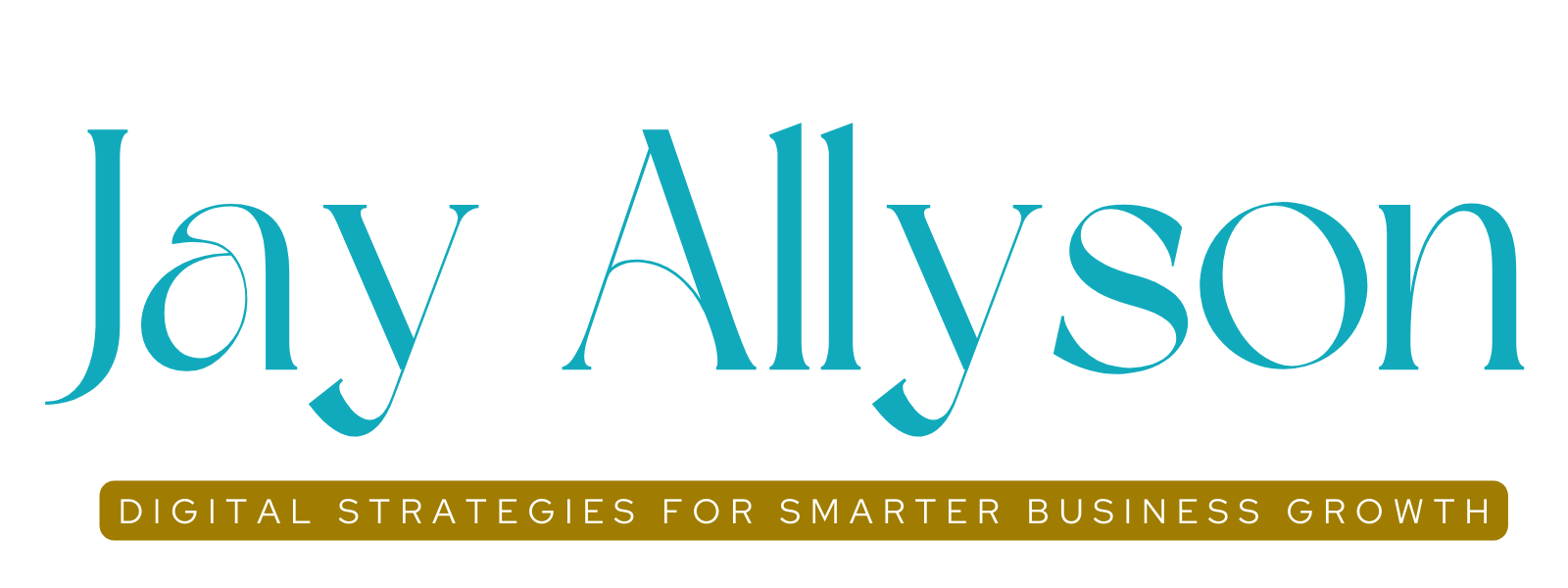Having run my own successful consultancy for over 12 years – Belanda Consulting – I’m often approached by others who have aspirations to ‘go it alone’ and start a professional services business or grow an existing practice. This article offers some advice for avoiding the usual pitfalls and setting out on strong footings.
The usual pitfalls arise from a combination of mindset, marketing and money limitations for defining who you are and what you do as a professional service provider, including:
- Confusion over what exactly I’m most expert in and what kinds of work I could deliver
- Spinning around ideas about professional identity, market niche and brand message
- Already set up as a consultant or coach and struggling to attract clients and gain momentum
- Worrying about how to get a consistent and sustainable income.
There are three questions that commonly pop up when you start a professional services business. In this article, I’ll tackle each in turn, but the first is by far the biggest cause of fear and doubt that keeps people from making the progress they deserve. At the end of the day, as professionals, we’re cursed with chasing perfectionism in business.
1# Can I really be successful doing this?
How successful you are in anything you ever do in your life – business or personal – depends on your attitude to it. Your mindset is critical. That is why all the top service providers in our industry state that professional development precedes financial development every time.
It’s the opposite of the old adage “I’ll believe it when I see it”. That won’t work here. You will see it only when you start to BELIEVE in it.
Napoleon Hill says “What the mind can conceive and believe, it can achieve.”
If what you think and say are constantly focused on positive things and achievements, you will experience more and more success in your business and your life. If you speak about and think about anxiety, failure and stress, you’ll continue to attract more of exactly that to you.
It really is a mental choice … and yes, it does take some consistent discipline and practice. If you expect to succeed, you absolutely will. If you don’t believe it’s possible to hit your income goal every month or every year from your business, you’re right there too. Believe and achieve!
#2 How will I get enough leads to grow my client base?
Contrary to what you might, it’s less important how many leads you can get, and more about aligning what you do with the right audience with the right message so that the people you are engaging with are a good fit for your services and products.
When you deliver high-end client services, you only need a handful of clients each month to hit a healthy six-figure income. The key is consistency – having a reliable and dependable flow of leads and a good conversion to paying clients.
Once you know you’re on-message and getting a good rate of enrolment onto your main ‘signature’ service or programme, you can have more confidence to add in some paid advertising to drive traffic to your landing page. If you’re spending £100 to get a £1000 client, that’s a reasonable ROI.
The absolute best way to build a high-end client business is based on trust. Give out to get back, for example:
- Give away a useful report, webinar or video series for your ideal client so you attract and capture targeted leads, so you demonstrate your understanding and value to what they need.
- Offer a low-cost upsell product prior to your high-end service or programme, so your ad spend can even pay for itself – what’s called a self-funded funnel.
#3 Who should I get on board to support me?
As you start up, market and grow your services business, at some point depending on your own knowledge and skills, you will undoubtedly need support and assistance. Think about the type of support you need. This may be just as a sounding board to talk through strategy or more structured mentoring to develop your business plan and get on-going help to implement it.
I’ve found it’s often well worth the cost of hiring specific technical help with some aspects. Even though you may be capable of doing those same tasks yourself, it’s not always cost-effective. Outsourcing a small task or a larger project doesn’t have to cost an arm and a leg with freelancer sites like upwork.com and fiverr.com. But some technical problems you’ll end up wrestling with for days, which can cost you a lot of time and grief, disrupt your focus on income-producing tasks.
Whether it’s a whole website development, just a simple layout issue, an irritating plug-in that won’t work, content research, or creating a whole set of branded graphics … a specialist can do it cheaply, quickly and stress-free!
And the process of getting someone on board gets faster the more you use those freelancer sites. You may even end up with your own little team, people who you know, like and trust to get the job done.

